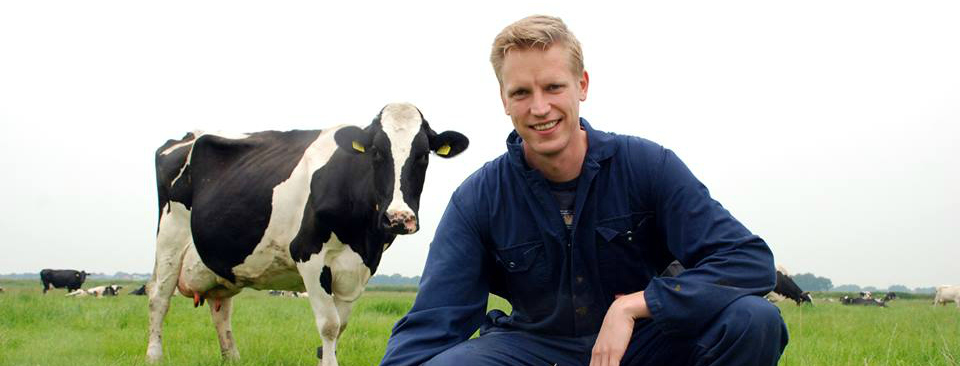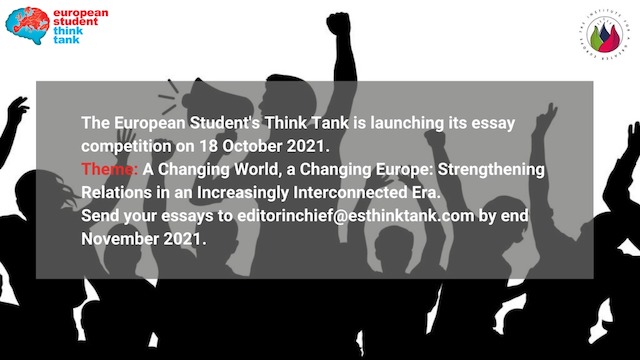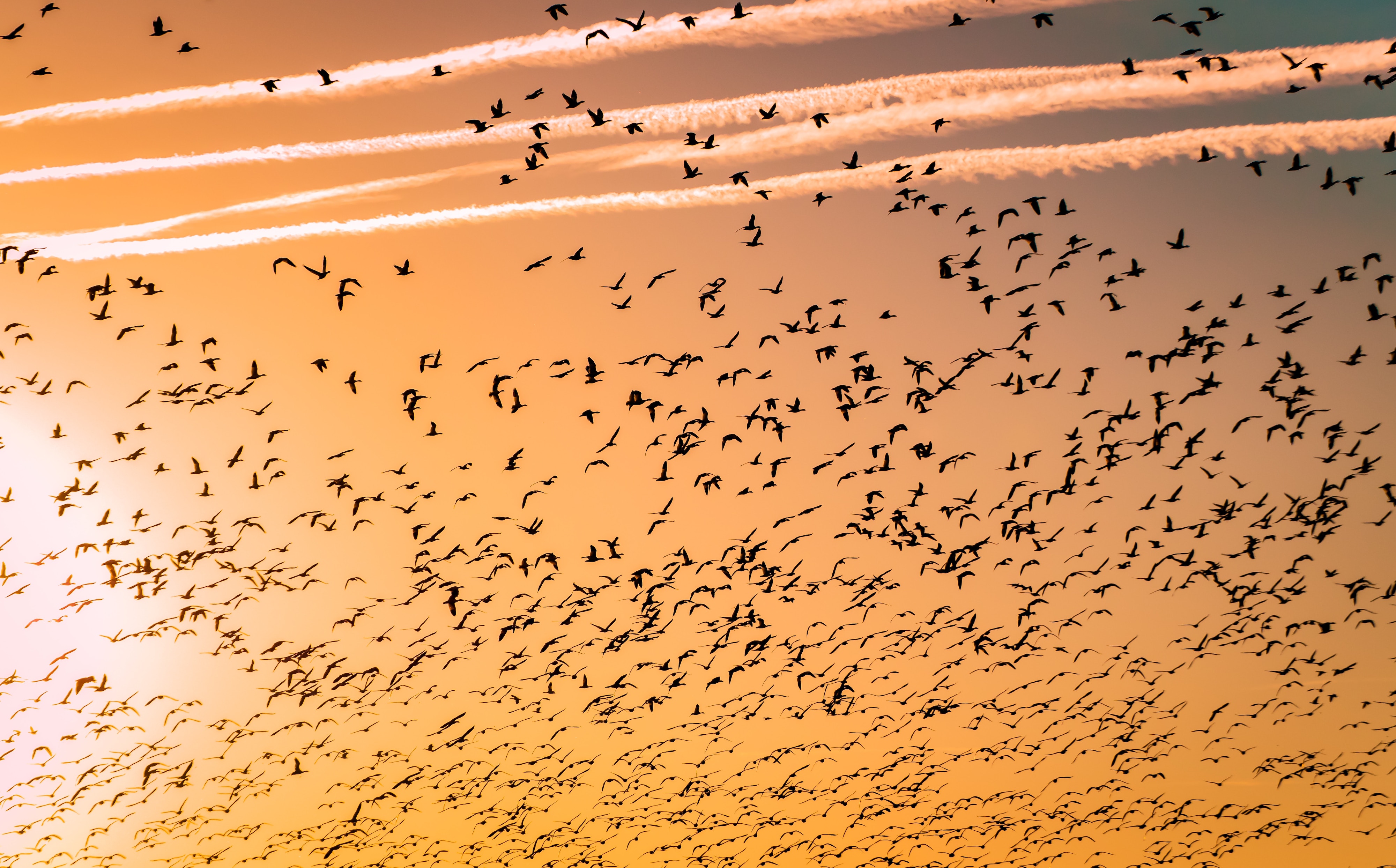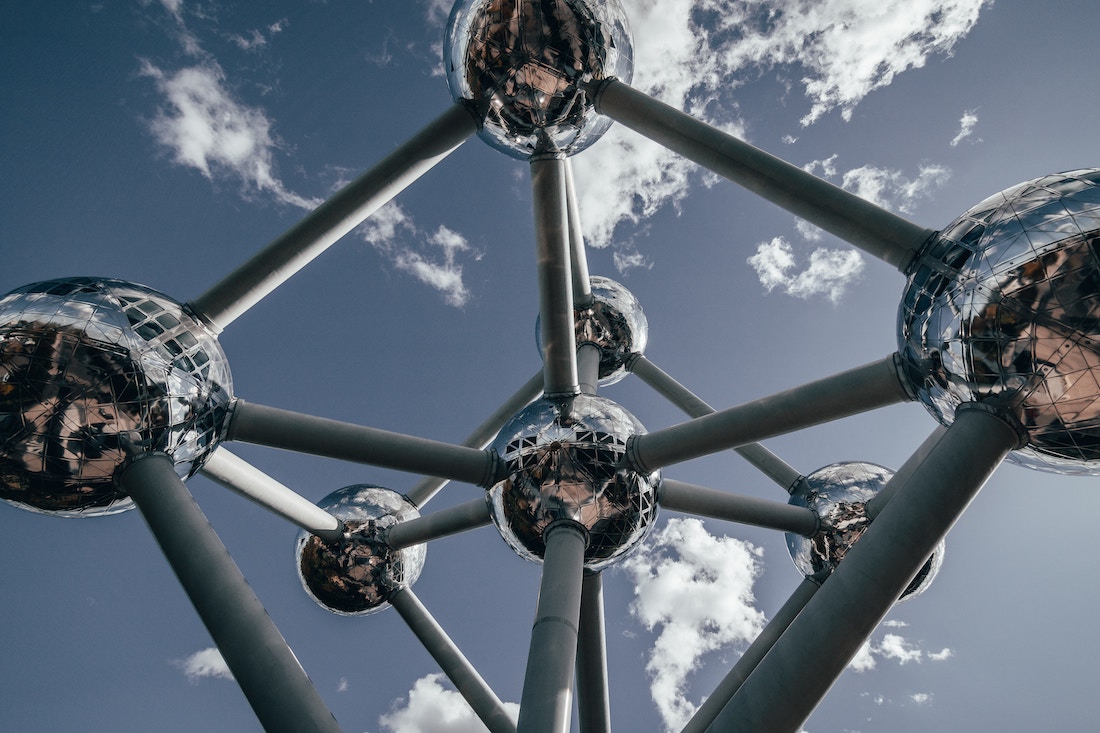

At 31 years old Jan Huitema is one of the youngest Members of the European Parliament, and the first Dutch full member of the Agricultural Committee of the EP. Before representing the People’s Party for Freedom and democracy in Brussels, Huitema studied a Bachelors Degree in Animal Sciences and a Masters Degree in Animal Production systems.
Farming has been a trademark of Huitema’s Parliamentary career. After working as a policy employee for several MPs while he was in his twenties, Huitema realized that a lot of agricultural policies in the European Parliament were theoretically great but in practice infeasible. When Huitema began campaigning to represent the Netherlands in the European Parliament his slogan was “Brussels could use a farmer’s wisdom”.
Q: What is at the core of your political motivations, Mr Huitema?
A: My motivations to become a politician are the following: To defend national interests in Brussels and to keep good contacts with citizens. Good representatives on this area are needed for the interest of the Dutch farmers. Until I became a member of the Agricultural Committee of the EP, the Netherlands had never had a full member.
That is remarkable when you notice that the Netherlands is the second largest exporter of agricultural products in the world. ‘Brussels is making the rules for 90% in the agricultural sector. We need full members of the agricultural committee.’ A full member can vote and be at the negotiation table. Knowledge about your sector is very important. Politicians should know what they talk about.
Q. Whilst being linked to an ideological group within the European Parliament, is it difficult to represent national interests?
A: Most of the time we agree on common things, and on a lot of other things as well. When there is a specific problem in the Netherlands, then you have to convince the other group members to vote your way, or it can vary.
Q. But on most issues you vote in line with your EP group?
A: On most we do. Your line should be incorporated in the political group in the EP most of the times. Convincing other groups is also important. Which one is influential? Which one has the same ideas? Together with my office I strategically think about getting a majority.
House of Cards had a white board with the amount of votes, and they count for the possibility to have a majority. Depends on the issue whether they seek out the right or left wing.
We don’t have coalition or opposition parties, no government, no coalition. You find a majority of completely different parties every time. In European legislation you need more than a majority in the EP, you also have to convince the Council of Ministers. Therefore a good cooperation with the Dutch ministers is needed. You can have a strategy to find members which are on your side. MEPs can help talk to the ministers of their country to join their camp.
Q. What is the influence of TTIP on agricultural policy and your day to day work?
A: The challenge is we have completely different rules in the food system. The US are more research based and we have the precautionary principal. In the US it is based on research and much more risk based, a small risk allows for it to be used. That is the biggest difficulty to overcome.
The TTIP is very import because of the growth of the world population and the relation of the European people to the rest of the world becomes smaller. Less influence in global standards, right now we have high standards, but other blocks follow our standards, which is important. Our power of the trade block decreases when we will not find partners, which are more or less the same as us. Canada/Japan, but also the US are doing much better than the BRIC countries. We really need the US on the long term to maintain our standards and to stay competitive in this world.
Q. Do you agree with critics which say the European agricultural policy is bad for local farmers in Africa?
A: Back in the days that was the case. Not the world market was putting a price on the product, but Brussels was. In the 70s/80s on the world market you could buy a litre of milk for 20 eurocents, and Brussels got a fixed 50 cents. There then you had a distortion of competition. It is also accepted by the WTO. Most of the African countries, are falling under the ‘everything but arms treaty’. They can freely export every product to the EU.
Q. Is it fair though to subsidise farmers in the EU?
A: For research and innovation it is needed. Also keep in mind that agriculture maintains the landscape, that can be seen as a public good. We also have the strictest standards when it comes to environment, animal welfare and food quality, this does not go without a cost.
Q. On your website, you mention the Dutch agricultural system to be an example for the world. Why is that?
A: We are very far ahead in sustainability and productivity. We have the lowest ecological footprint per kilogram of food. We have a low environmental impact and use few antibiotics. Mainly because we tend to have a high productivity. One farmer can produce a lot with which a fellow farmer can produce much less in another country. That is necessary, because of the challenges ahead. The world population is growing.
The Netherlands should not have to feed all those people, but our knowledge and research can help other countries. Climate change is another challenge. We have to be more efficient with resources. For example: phosphate, a nutrient that is essential for agriculture. The UN is estimating that the amount of phosphate will run out even sooner than fossil energy. I have a saying: ‘Global challenges, Dutch solutions’ Which is true for agriculture.
Q. Do you believe too much of the European budget is spent on agriculture? Why (not)?
A: A lot goes to agriculture, around 40%. The European budget is not as high as many people think by the way, its roughly 1% of GDP. So in total it is not a lot. Good food is very important For every euro a farmer gets, it should be clear why the farmer gets it. A lot of farmers are dependent on European subsidies, which is really bad. We have to think about how to make European Union farmers more competitive.
You see a big difference between the member states in the European Union. On average, 42% of a dairy farmers income comes from the Brussels. In France this may be higher, but in Holland it’s maybe 10%. We are competitive, others are less so. That is unfair, because we are doing better and we should still help other member states.

 The ’Ndrangheta’s Infiltration and Threat to European Institutions
The ’Ndrangheta’s Infiltration and Threat to European Institutions  From Paper to Practice: How Grassroots Norms Undermine Gender Rights in Pakistan
From Paper to Practice: How Grassroots Norms Undermine Gender Rights in Pakistan  Exploited Childhoods: The Role of Global Corporations in Perpetuating and Mitigating Child Labour
Exploited Childhoods: The Role of Global Corporations in Perpetuating and Mitigating Child Labour  Human Rights Challenges in Addressing SLAPPs in Media, NGOs and Journalism in the EU
Human Rights Challenges in Addressing SLAPPs in Media, NGOs and Journalism in the EU 


